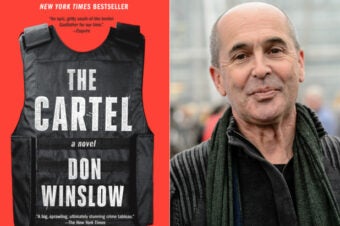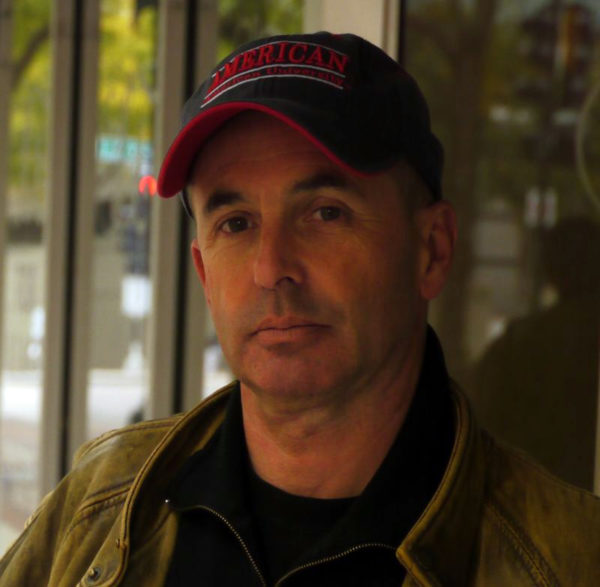

Mexico’s criminal cartels have never presented such a problem to Don Winslow, who has written two extensively researched sagas about the war on drugs: “The Power of the Dog,” in 2006, and now “The Cartel” (Knopf). The perpetrator of the locked-room mystery is supernaturally ingenious, the serial killer far more baroquely sadistic than his real-life counterparts, the Mob boss too comprehensively powerful to be believed. Most crime novelists, especially those reaching for a momentous effect, are obliged to turbocharge their villains. Also required reading in the cartel was the book from which Moreno González cribbed much of his pop philosophy, “Wild at Heart: Discovering the Secret of a Man’s Soul,” a paean to muscular Christianity by John Eldredge, an American evangelical who lives in Colorado Springs. (Years later, remnants of La Familia reorganized as a group calling itself the Knights Templar.) The syndicate’s temporal and spiritual head, Nazario Moreno González, wrote a “bible” of inspirational sayings and admonitions, which members of La Familia were expected to carry with them. The assassins, or sicarios, as they’re called in Mexico, were members of La Familia Michoacana, a cartel that, despite its penchant for decapitation and torture, had pretensions to piety and a certain rough chivalry. It doesn’t kill innocent people, only those who deserve to die. This one read, “The Family doesn’t kill for money.


In towns along the border, boastful, taunting, and tendentious banners and placards, or narcomantas, were routinely hung up next to piles of corpses. Being narcotraficantes-members of one of the brutal drug cartels that effectively ruled large swaths of Mexico in the early years of this century-they also left a note. On September 6, 2006, a score of masked gunmen stormed into a night club in Uruapan, Michoacán, fired at the ceiling, and tossed five severed heads onto the white-tiled dance floor. Don Winslow’s long, ambitious saga is set largely among clashing Mexican cartels.


 0 kommentar(er)
0 kommentar(er)
